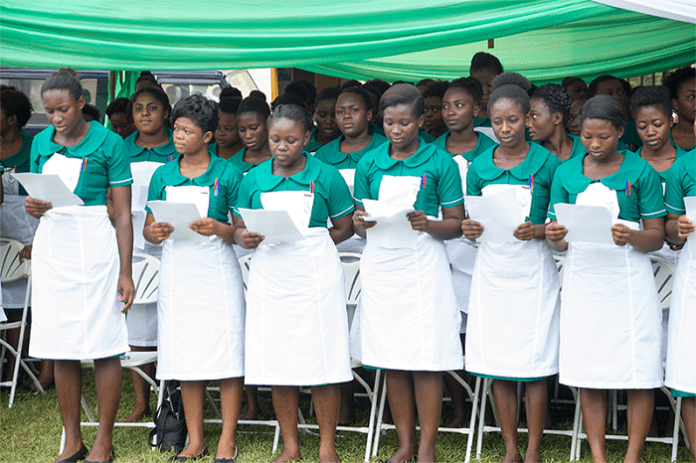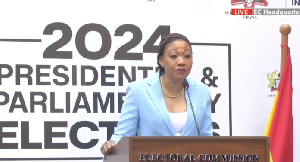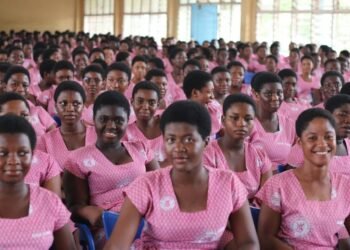In an era where the dynamics of the global economy are constantly evolving, the need for robust labour laws that safeguard the rights and interests of workers cannot be overstated.
The recent announcement by Finance Minister, Dr. Mohammed Amin Adam, regarding the imminent enactment of the Labour Bill, 2024, marks a significant stride towards modernizing Ghana’s labour legislation. This development comes amidst growing concerns about the adequacy of existing labour laws in addressing contemporary challenges faced by the workforce.
“Mr. Speaker, the Government, in collaboration with its Social Partners, has developed a draft Labour Bill, 2024 to strengthen labour administration and regulation of the world of work”.
Dr. Mohammed Amin Adam, Finance Minister
The current state of labour laws in Ghana has been criticized for not keeping pace with the changing landscape of work. Issues such as labour migration governance, employment coordination, and the recognition of parental leaves have been identified as areas requiring urgent attention.
The proposed reforms encapsulated in the Labour Bill, 2024, aim to address these gaps, ensuring that the labour force is adequately protected and that workplaces operate within a regulatory framework that promotes fairness and equity.
One of the standout features of the new bill is the extension of maternity leave and the introduction of paternity leave. This reform recognizes the importance of family and the need for parents to have adequate time to bond with their newborns.
By supporting both mothers and fathers, the law promotes gender equality and helps in balancing work and family responsibilities. This progressive step is in line with global standards and demonstrates the government’s commitment to improving the quality of life for its citizens.
Youth employment remains a critical issue, and the government is taking steps to address it. According to Dr. Amin Adam, the Youth Employment Agency has engaged about 90,000 beneficiaries in the first half of the year alone.
“This includes 15,000 youth in community policing, 6,000 in community health, 1,500 in prison services, and 2,100 in garment and apparel sectors.”
These initiatives not only provide jobs but also equip the youth with skills and experience, enhancing their employability in the long term.
Ensuring Stability and Protection

The enactment of the Labour Bill of 2024 will not only modernize the existing laws but also ensure stability and protection for workers. A stable labour environment is essential for economic growth and development. When workers feel protected and valued, their productivity and morale increase, leading to a more robust economy.
During the 2024 May Day Celebration, President Akufo-Addo assured workers that the new labour law would protect the interests of all actors in the labour force.
“Organized labour has shared the burden of government and made sacrifices that ensure recovery and stability. The least I can do for the over 11.5 million people in the labour force and the next generation is to enact a new Labour Act that is comprehensive and contemporary and protects the interests of all actors in the world of work.”
President Nana Addo Dankwa Akufo-Addo
The collaborative effort between the government and social partners in developing the Labour Bill, 2024, underscores the importance of stakeholder engagement in shaping labour policies.
The involvement of organized labour and other stakeholders ensures that the final product is reflective of the broader societal needs and aspirations.
Moreover, the new law aims to protect the interests of all actors in the labour force, from employees to employers. This balanced approach is crucial in fostering a harmonious relationship between the two, ensuring that both parties benefit and contribute positively to the economy.
The impending enactment of the Labour Bill, 2024, represents a pivotal moment for Ghana’s labour sector. It signifies a move towards creating a more equitable and supportive environment for workers, one that recognizes the evolving nature of work and the changing demographics of the workforce.
Anticipation builds for the implementation of these reforms, which promise to usher in a new era of labour protection and stability in Ghana. The future of the workforce depends on it, and the government’s commitment to this cause is a step in the right direction.
READ ALSO: Dangote Refinery to Propel Nigeria Toward Energy Independence with 550,000 Barrels Per Day Output







